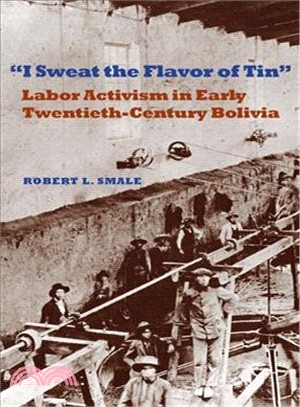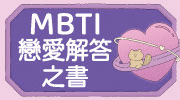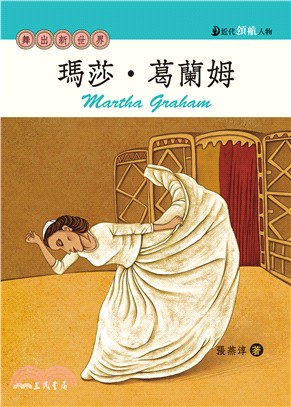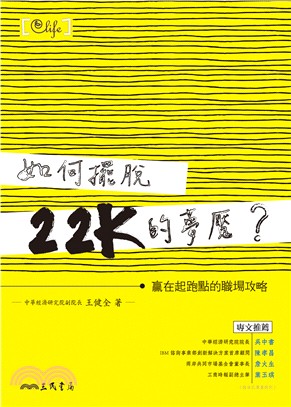I Sweat the Flavor of Tin ─ Labor Activism in Early Twentieth-century Bolivia
商品資訊
ISBN13:9780822961178
出版社:Univ of Pittsburgh Pr
作者:Robert L. Smale
出版日:2010/09/28
裝訂/頁數:平裝/243頁
規格:22.2cm*14.6cm*1.9cm (高/寬/厚)
商品簡介
作者簡介
相關商品
商品簡介
"Smale provides fresh information on the emergence of the labor movement in Bolivia and has documented his case in innovative ways, using previously unknown sources from the region. A must-read for all those interested in labor history and the relationship between the peasantry and the working class in Latin America."uErick D. Langer, Director, Center for Latin American Studies, Georgetown University
"In this important and finely wrought social history Smale explores the potent alchemy of worker activism and Socialist Party politics that periodically turned the tin mines of Oruro and northern Potosi into battlegrounds of popular mobilization and state violence. Shifting the focus away from the recent emphasis on indigenous peasant movements, Smale locates the urban popular classes and their revolutionary unions at center stage of the larger narrative of Bolivia's turbulent political history leading up to the Chaco War."uBrooke Larson, Stony Brook University
On June 4, 1923, the Bolivian military turned a machine gun on striking miners in the northern Potosi town of Uncia. The incident is remembered as Bolivia's first massacre of industrial workers and highlights a formative period in the development of a working class that would eventually challenge the oligarchic control of the nation.
Robert L. Smale begins his study as Bolivia's mining industry transitioned from silver to tin, specifically focusing on the region of Oruro and northern Potosi. Artisan mutual aid societies provided miners their first organizational models and the guidance to emancipate themselves from the mine owners' political tutelage. During the first decade of the twentieth century, both the Workers' Labor Federation and the Socialist Party in Oruro spurred more aggressive political action. In 1920, miners won a comprehensive contract that exceeded labor legislation debated in Congress in the years that followed. Relations between the working class and the government deteriorated soon after, leading to the 1923 massacre in Uncia. Smale ends his study with the onset of the Great Depression and premonitions of war with Paraguayutwin cataclysms that would discredit the old oligarchic order and open new horizons to the labor movement.
"In this important and finely wrought social history Smale explores the potent alchemy of worker activism and Socialist Party politics that periodically turned the tin mines of Oruro and northern Potosi into battlegrounds of popular mobilization and state violence. Shifting the focus away from the recent emphasis on indigenous peasant movements, Smale locates the urban popular classes and their revolutionary unions at center stage of the larger narrative of Bolivia's turbulent political history leading up to the Chaco War."uBrooke Larson, Stony Brook University
On June 4, 1923, the Bolivian military turned a machine gun on striking miners in the northern Potosi town of Uncia. The incident is remembered as Bolivia's first massacre of industrial workers and highlights a formative period in the development of a working class that would eventually challenge the oligarchic control of the nation.
Robert L. Smale begins his study as Bolivia's mining industry transitioned from silver to tin, specifically focusing on the region of Oruro and northern Potosi. Artisan mutual aid societies provided miners their first organizational models and the guidance to emancipate themselves from the mine owners' political tutelage. During the first decade of the twentieth century, both the Workers' Labor Federation and the Socialist Party in Oruro spurred more aggressive political action. In 1920, miners won a comprehensive contract that exceeded labor legislation debated in Congress in the years that followed. Relations between the working class and the government deteriorated soon after, leading to the 1923 massacre in Uncia. Smale ends his study with the onset of the Great Depression and premonitions of war with Paraguayutwin cataclysms that would discredit the old oligarchic order and open new horizons to the labor movement.
作者簡介
Robert L. Smale is assistant professor of history at the University of MissouriuColumbia.
主題書展
更多
主題書展
更多書展今日66折
您曾經瀏覽過的商品
購物須知
外文書商品之書封,為出版社提供之樣本。實際出貨商品,以出版社所提供之現有版本為主。部份書籍,因出版社供應狀況特殊,匯率將依實際狀況做調整。
無庫存之商品,在您完成訂單程序之後,將以空運的方式為你下單調貨。為了縮短等待的時間,建議您將外文書與其他商品分開下單,以獲得最快的取貨速度,平均調貨時間為1~2個月。
為了保護您的權益,「三民網路書店」提供會員七日商品鑑賞期(收到商品為起始日)。
若要辦理退貨,請在商品鑑賞期內寄回,且商品必須是全新狀態與完整包裝(商品、附件、發票、隨貨贈品等)否則恕不接受退貨。
























